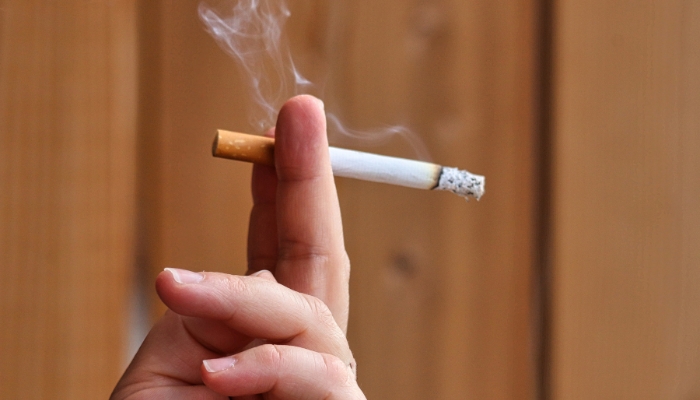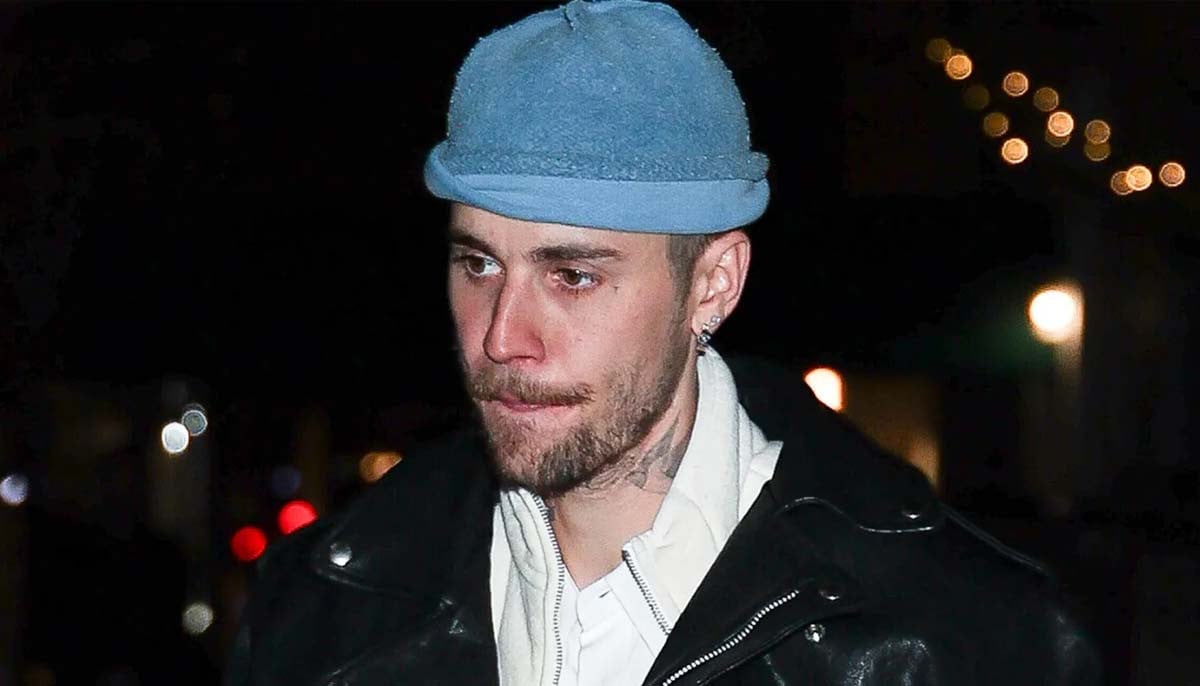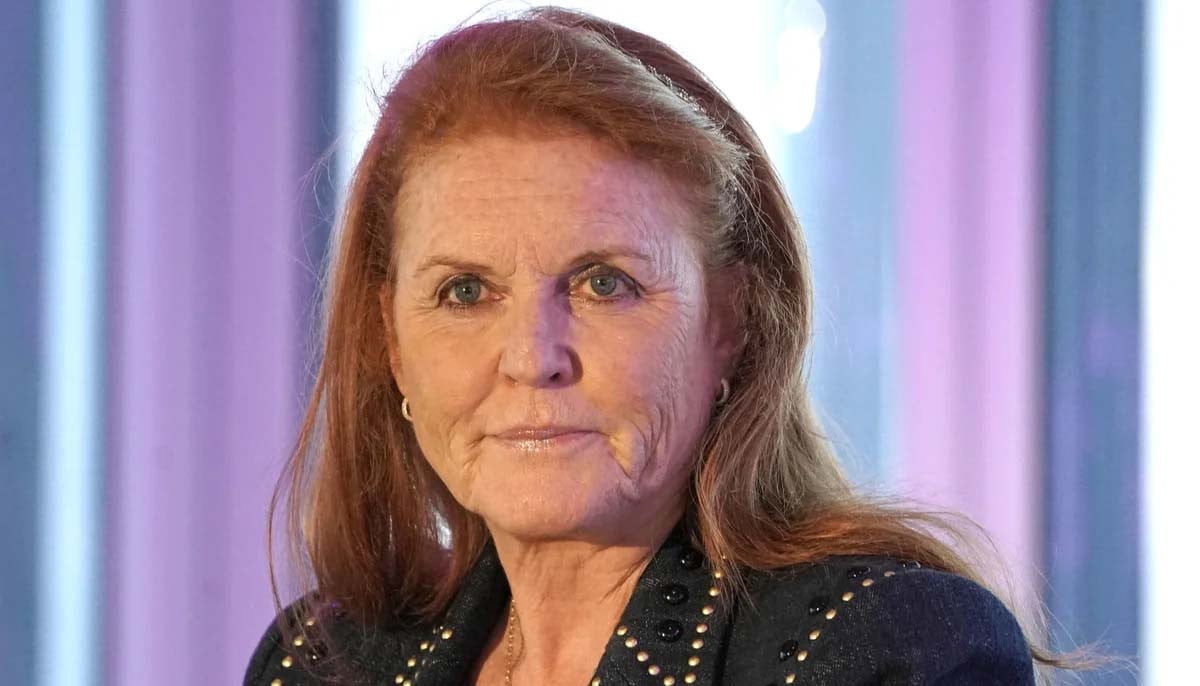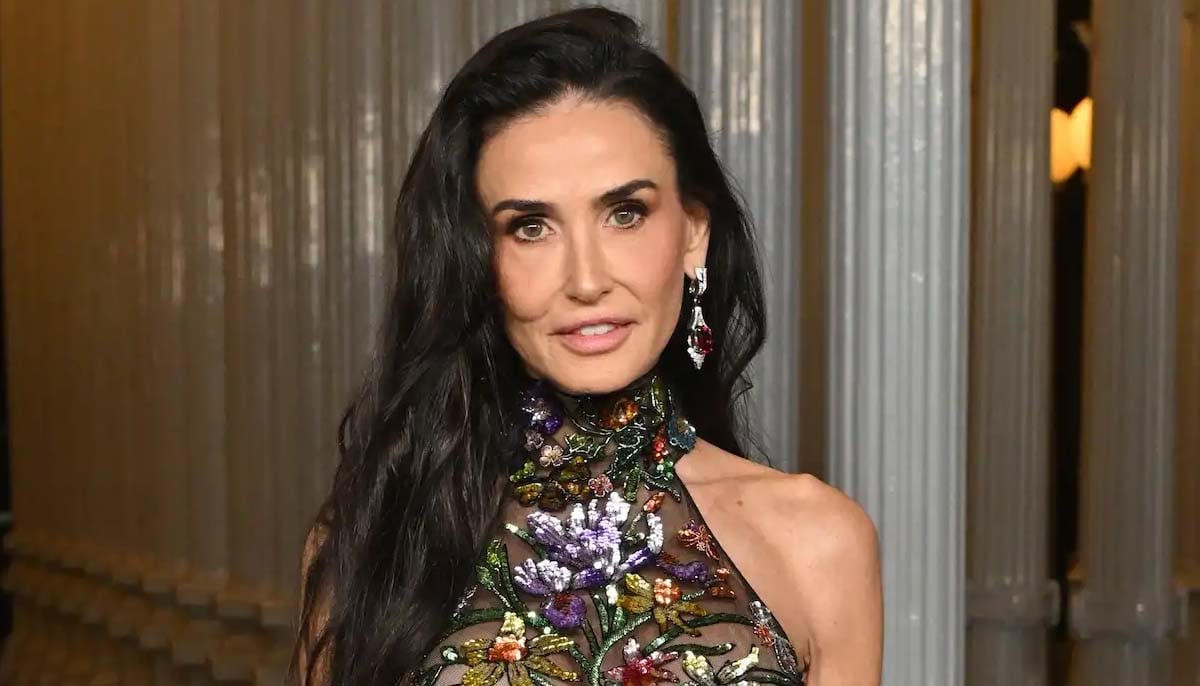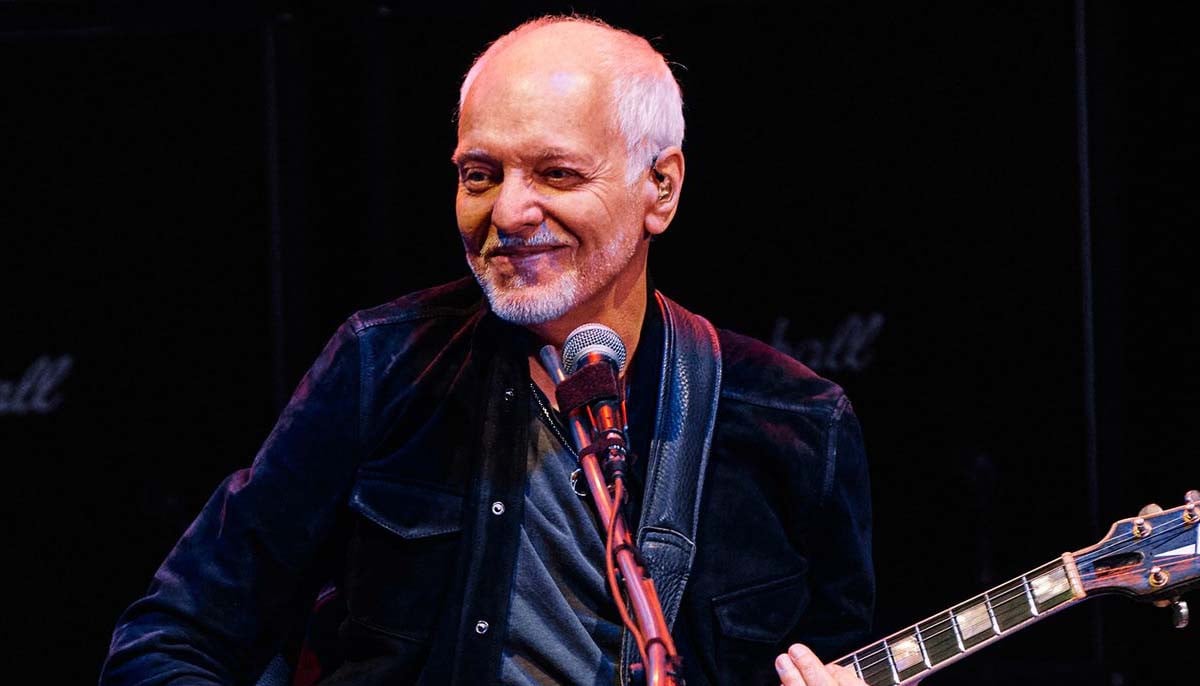‘Tobacco smoking threat to human lives at global level’
Like environmental destruction, smoking is also threat to human lives, says minister
Tobacco smoking is not an addiction, but rather a death pill and a threat to human lives at the global level, caretaker Federal Minister for Information and Broadcasting Murtaza Solangi said Tuesday.
In a speech at an event organised to educate children about the harmful impacts of smoking, he said like environmental destruction, smoking was also a threat to human lives.
At the outset, he said it was important to ask some important questions regarding the habit of smoking.
"Smoking is a disease that kills one person every six seconds on average," Solangi said, adding the habit of smoking takes the life of one person among 10.
Recounting the devastation caused by smoking, he said 100 million people lost their lives due to smoking in the 20th century, and some five million deaths were caused by smoking every year worldwide.
He said it was feared that the number of people killed by smoking would increase from five to eight million per year by 2030 if the habit continued at the same pace.
Appreciating the services of those who have waged war against smoking, he termed them "the anti-smoking heroes".
He said due to business compulsions, tobacco smoking was not mentioned with other harmful substances, but now this tendency should end.
An increase in taxes on the tobacco industry was meant to discourage smoking in society, especially among the young generation, he maintained.
He said that like climate change, tobacco had been badly affecting the daily lives of human beings and increasing health sector expenditures.
Solangi pledged to keep on supporting the volunteers fighting against smoking.
-
Sarah Ferguson’s dual cancer journey
-
Demi Moore was left with ‘intense’ illness after ‘The Substance’
-
How Michael J. Fox helped Harrison Ford with his Parkinson's monologue
-
‘Stranger Things’ star Gaten Matarazzo reveals how cleidocranial dysplasia affected his career
-
Peter Frampton details 'life-changing- battle with inclusion body myositis
-
How does Sia manage 'invisible pain' from Ehlers-Danlos syndrome
-
Halsey mentions how she 'gained control' over endometriosis condition
-
Shia LaBeouf sent to rehab for not taking ‘alcohol addiction seriously’
